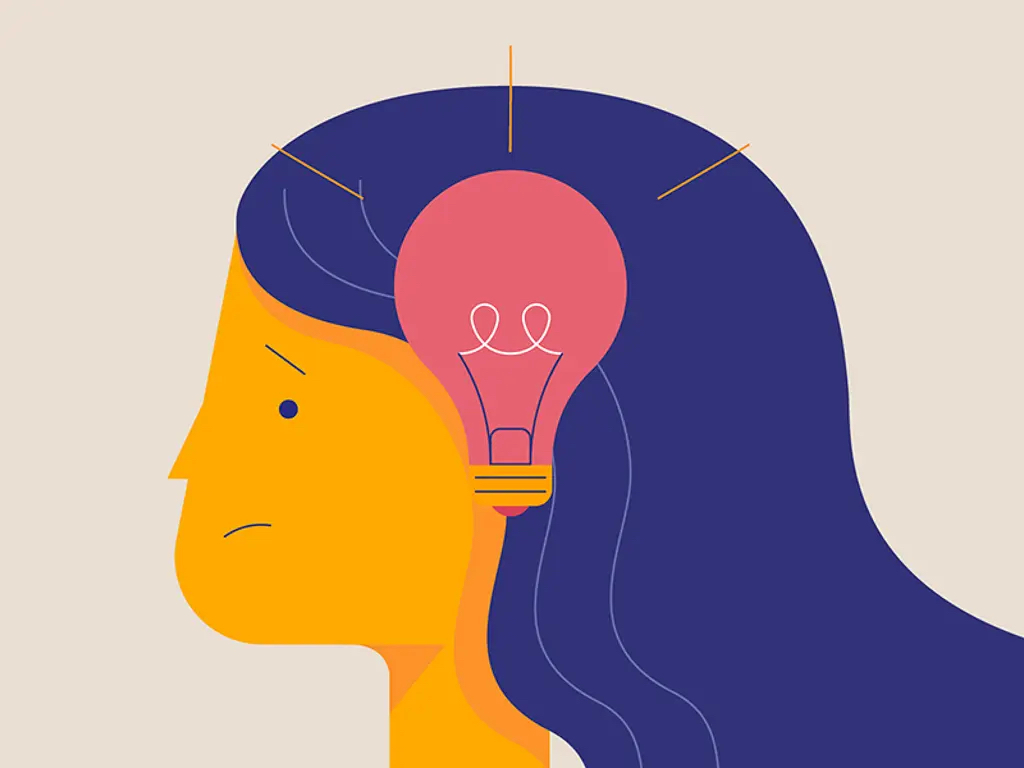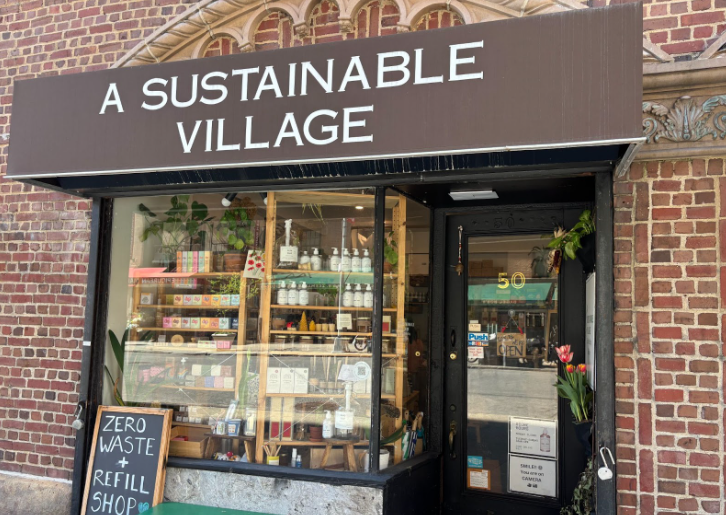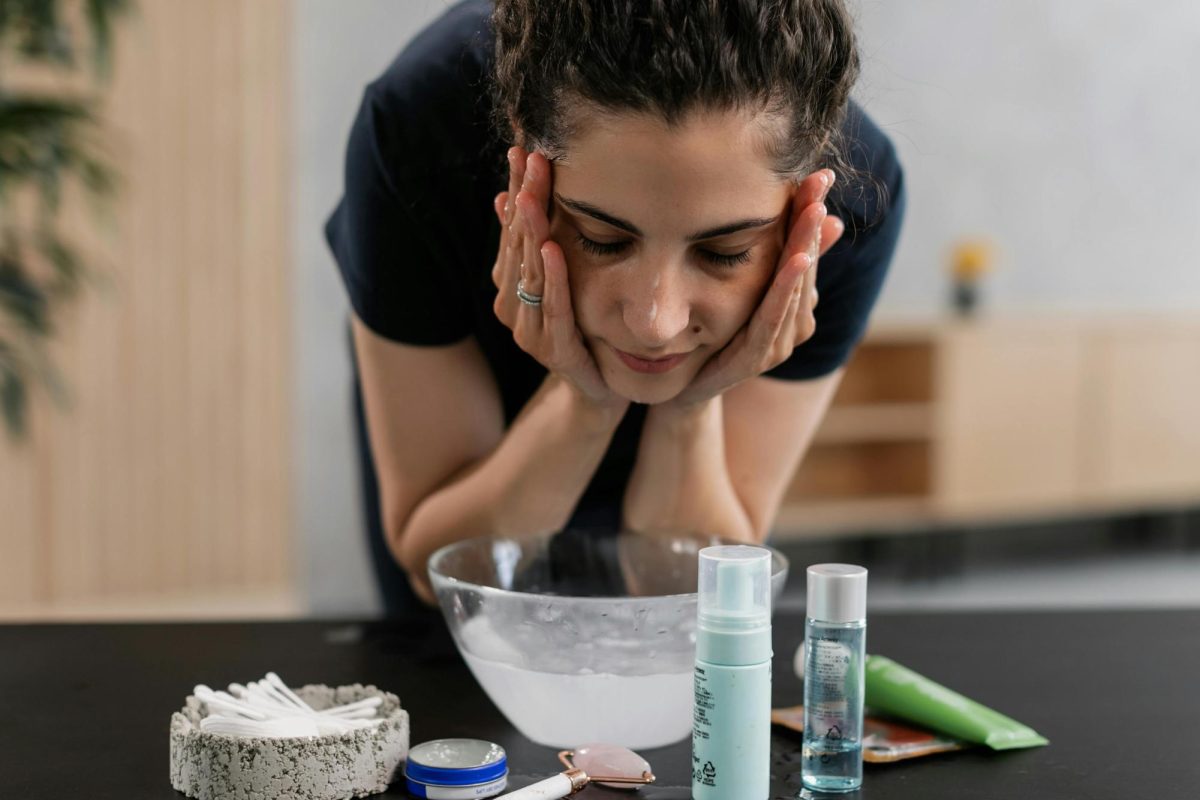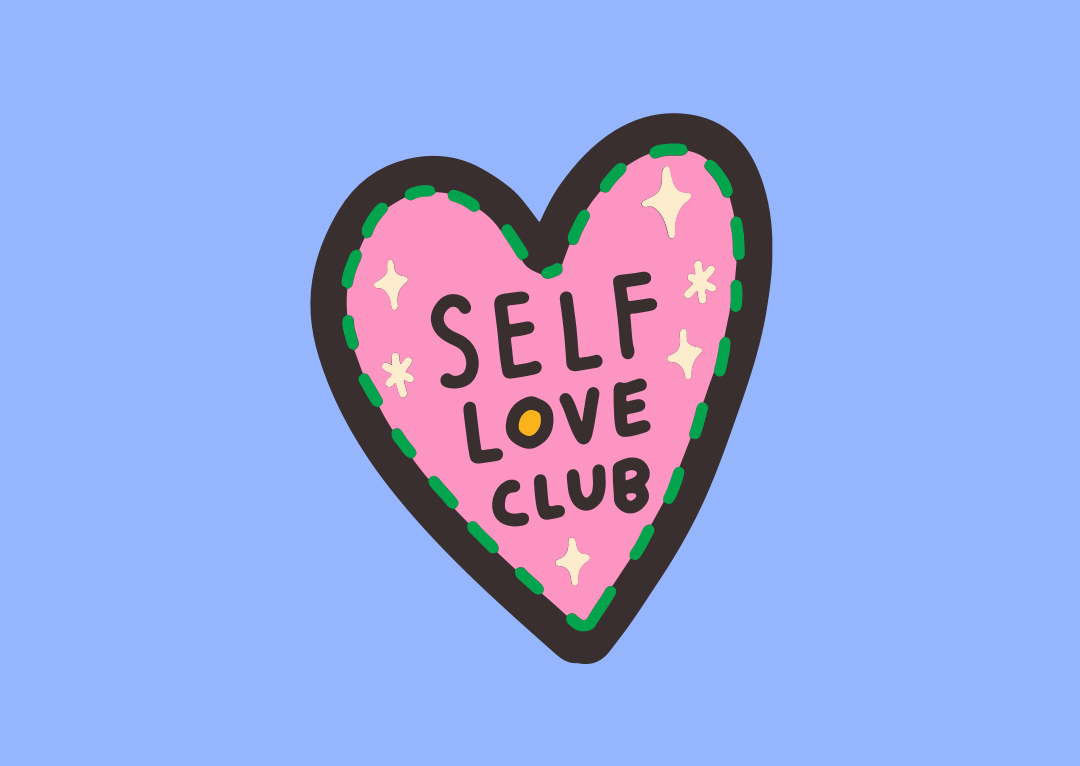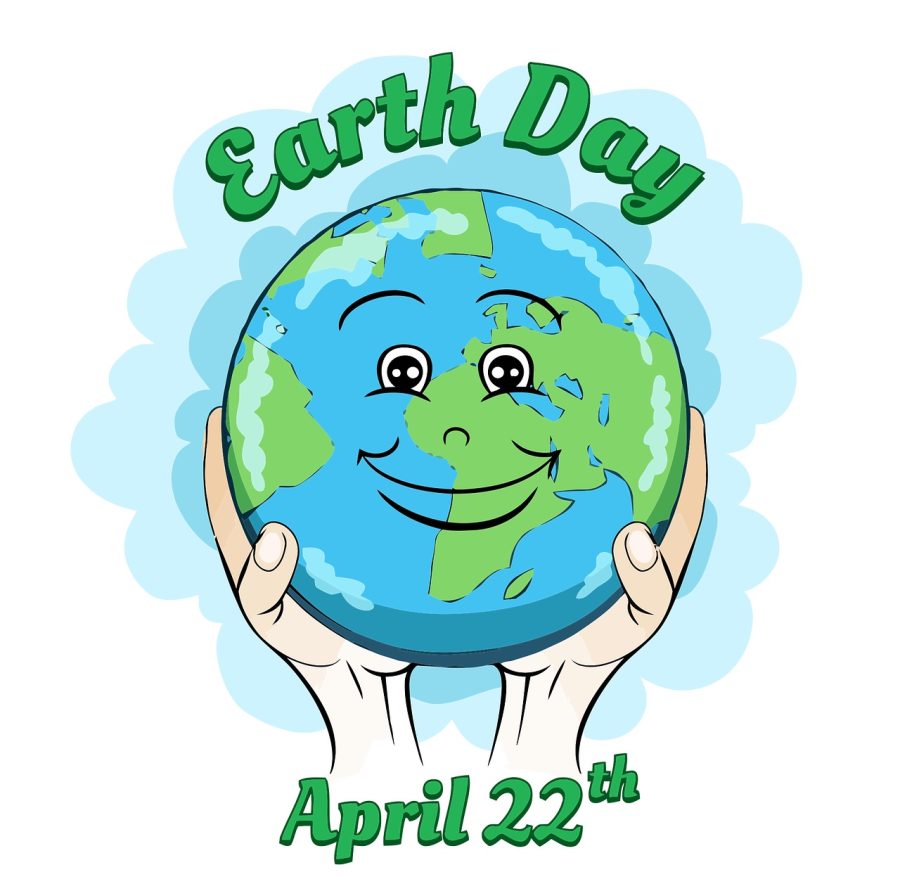University coffee consumption reaches at an all-time high at the end of the semester. In an era where Starbucks monopolizes coffee in the city, it is no surprise to see a storefront on every street or a coffee cup in every college students’ hand.
In fact, the Harvard School of Public Health claims that 54% of adults ages 18+ drink coffee daily. With the evident popularity of coffee, especially among University students, it is important to understand how coffee is affecting our health.
The taboo surrounding coffee seems to be negative in regards to the health of consumers. The good old cup of joe is often connoted with yellow teeth and lack of sleep. But some recent studies argue that coffee may not be as bad for our health as previously thought.
It’s all about nutrients, and that morning, afternoon, or late night cup of coffee has them. Believe it or not, a single cup of coffee contains vitamin B2, B5, B3, as well as manganese and potassium. On top of all this, coffee also contains a ton of antioxidants.
Coffee is also found to improve brain function. With finals almost over, University students’ stress levels are at an all-time high and many need a boost to get the brain flowing.
“My mind is encapsulated by many burdens right now during finals,” shares University sophomore Tatiana Lammie. “Although it is sometimes too difficult to balance it all, throughout my preparation for finals I make sure to do something at least once a week for myself so the study sessions do not overwhelm me too much.”
Cramming in late night study sessions and working on final papers can result in a lack of sleep and low energy levels. During a time of high stress, it is important to stay healthy. Good news: coffee can help fix this problem.
Healthline Newsletter reports that coffee improves the brain function as the caffeine from the drink travels from the bloodstream to the brain. Overall, the drink will help improve memory, mood, reaction time, and function.
“I’d definitely say coffee is more helpful than not when I consume it in moderation,” shares University sophomore Emma Note. “When it comes to a cup every like 3–4 hours that’s doable but when I overdo it, but it definitely helps me get my brain going.”
But if this all does not sound appealing enough, the best statistic is yet to come. They always say life is short, but with coffee, it does not have to be.
According to NBC, the National Cancer Institute conducted a study in Britain to see if coffee increased the lifespan of individuals. The study found that individuals who were constant coffee drinkers were more likely to live longer. In fact, individuals who shared they had 8 cups of coffee or more in a day were more likely to have a longer lifespan than those who never drink the beverage.
“If you do not drink coffee now, here’s your reason to start,” shares University sophomore Lauren Moser. “I am a coffee addict, I love it so much. I honestly have to limit myself to three cups a day, so I am glad to hear it might help me live longer!”
During a particularly stressful time, a cup of coffee may be the way to go. If it can be beneficial to your health, maybe it would be a nice addition to that late night study session. With Starbucks on campus open 24 hours from Dec. 16th-Dec. 20th, there is a cup of coffee for everyone. Of course, everything should be taken in moderation. Overdoing anything can lead to unfortunate health effects. May the espresso machine ever be in your favor.






